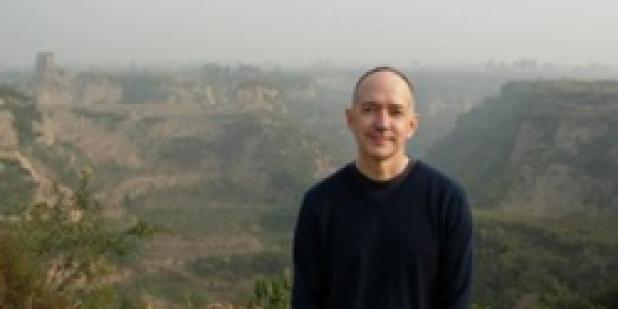Happy Lunar New Year from the USC US-China Institute!
Two Types of Moral Instruction in Taiwan
The UCLA Center for Chinese Studies presents Charles Stafford.In this lecture, he will explore the articulation between the two systems of Confucianism and Daoism in Taiwan.
Where

When I carried out research in rural Taiwan in the mid 1980s, the children I met were moving back and forth between two distinct – and yet interconnected – moral systems. On the one hand, there was the broadly “Confucian” system they encountered via schooling. On the other hand, there was the broadly folk or “Daoist” system they encountered outside of school: in their homes, on the back lanes and alleys of the villages where they lived, at spirit medium altars, and so on. In this lecture, I want to explore the (sometimes rather tense) articulation between these two systems, which I see as being characteristically Taiwanese. In brief, I want to argue that the “goodness” of Taiwan today is a complex kind of goodness, one that draws heavily on folk or Daoist understandings of the complexities of human nature.
Charles Stafford teaches anthropology at the London School of Economics, and has carried out field research in rural Taiwan and China since the mid 1980s. He is a specialist in the anthropology of learning and cognition. His publications include The roads of Chinese childhood (Cambridge), Separation and reunion in modern China (Cambridge) and the recent edited volume Ordinary ethics in China (Bloomsbury).
Part of the Civility and Civil Society in Taiwan Lecture Series, Taiwan Spotlight project
Featured Articles
We note the passing of many prominent individuals who played some role in U.S.-China affairs, whether in politics, economics or in helping people in one place understand the other.
Events
Ying Zhu looks at new developments for Chinese and global streaming services.
David Zweig examines China's talent recruitment efforts, particularly towards those scientists and engineers who left China for further study. U.S. universities, labs and companies have long brought in talent from China. Are such people still welcome?






